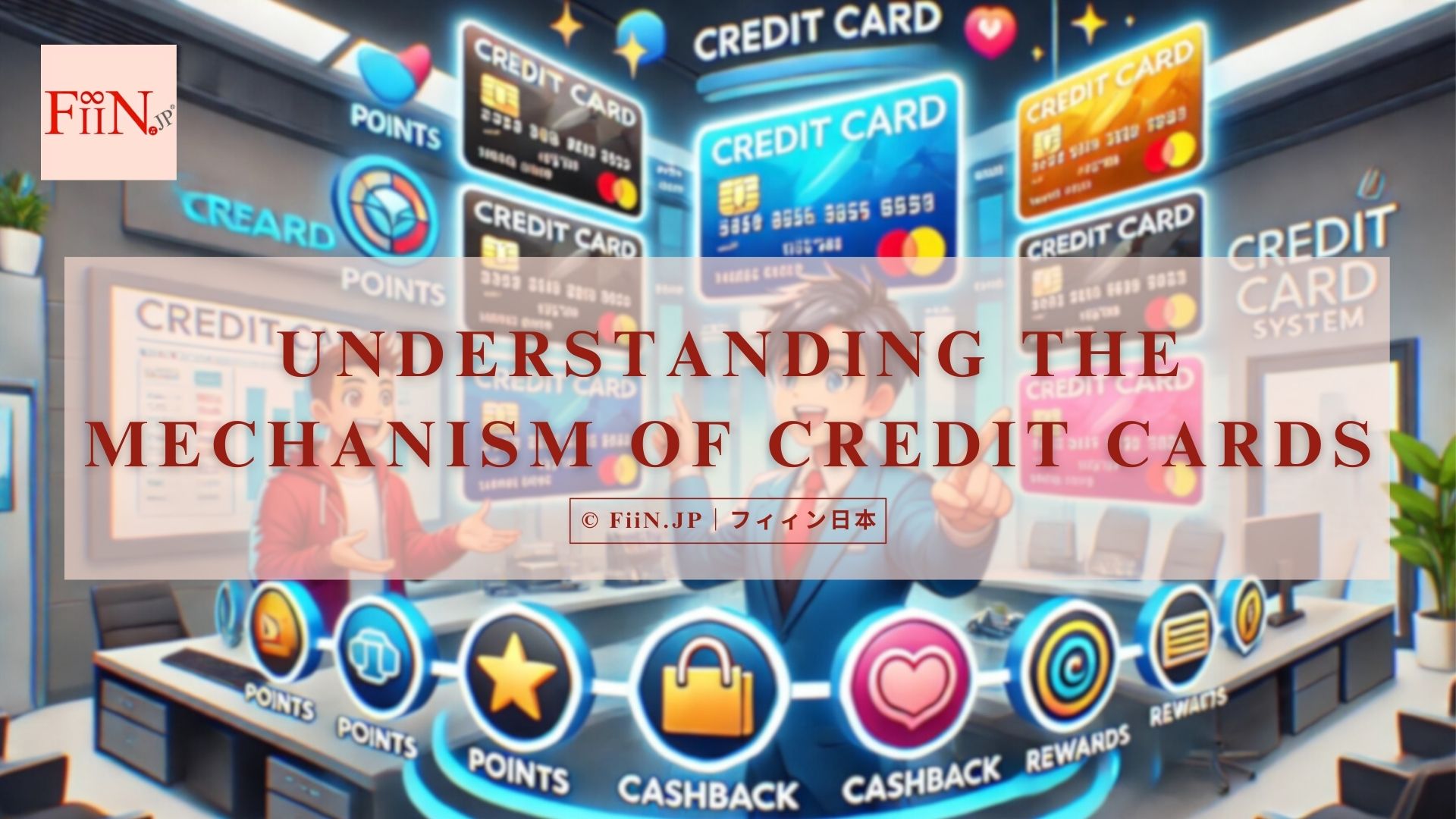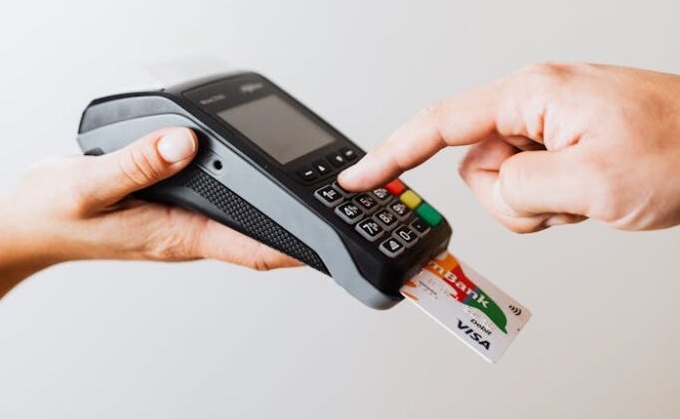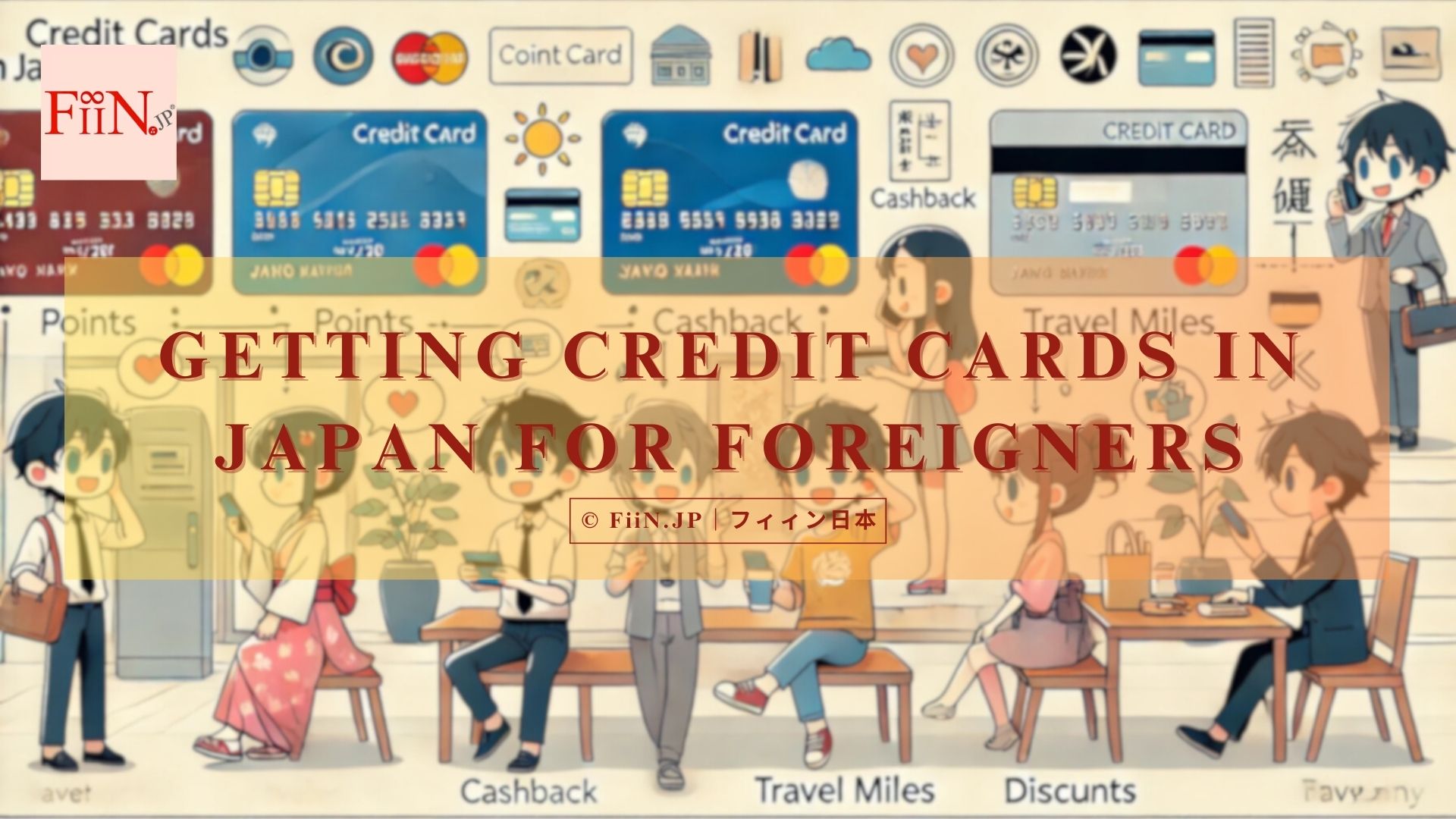Understanding the Mechanism of Credit Cards Before Having One
TOKYO – Remember to use credit cards responsibly, monitor your spending, and pay your balances in full to avoid debt and build a strong credit history.

KEY TAKEAWAYS:
- Credit Cards Offer Convenience and Benefits: Credit cards provide ease of use, security, rewards, and help build credit history. However, they come with interest rates and fees, making understanding their terms crucial.
- Risks of Misuse: Misusing credit cards can lead to overspending, high-interest debt, and damage to your credit score, resulting in financial stress and long-term financial difficulties.
- Best Practices for Responsible Use: Pay your balance in full each month, monitor your spending, keep credit utilization low, avoid unnecessary fees, and use rewards wisely to maximize benefits and maintain financial health.
English|Française|Tiếng Việt|Bahasa Indonesia|Wikang Tagalog|日本語
Introduction to Credit Cards
Credit cards are a type of payment card issued by financial institutions that allow cardholders to borrow funds to pay for goods and services. Unlike debit cards, which draw directly from a checking account, credit cards provide a line of credit that must be repaid, typically with interest.
How Credit Cards Work
When you use a credit card, you are essentially taking out a short-term loan from the card issuer. The issuer pays the merchant on your behalf, and you agree to repay the issuer according to the terms of your credit card agreement.
- Application and Approval: To obtain a credit card, you must apply through a bank or financial institution. The approval process involves a credit check to assess your creditworthiness based on your credit history and score.
- Credit Limit: Upon approval, the issuer sets a credit limit, the maximum amount you can borrow at any time.
- Transactions: Each time you make a purchase, the amount is deducted from your available credit. You receive a monthly statement detailing your transactions, outstanding balance, and minimum payment due.
- Repayment: You can choose to pay the full balance by the due date or make a minimum payment. Paying less than the full balance incurs interest on the remaining amount.

Types of Credit Cards
Credit cards come in various types, each designed to cater to different needs and spending habits.
- Standard Credit Cards: These are the most common type of credit card, offering a revolving balance with a predetermined credit limit.
- Rewards Credit Cards: Rewards cards offer incentives like cashback, points, or miles for purchases made. They can be beneficial if you pay off your balance in full each month.
- Secured Credit Cards: Secured cards require a cash deposit as collateral, making them a good option for those with poor or no credit history.
- Charge Cards: Charge cards must be paid in full each month and typically have no preset spending limit. They are often used for business or travel expenses.
- Balance Transfer Credit Cards: These cards allow you to transfer high-interest debt from other credit cards to a new card with a lower interest rate, often with a promotional period of 0% APR.
Benefits of Credit Cards
Credit cards offer several advantages, but they must be used responsibly to maximize these benefits.
- Convenience: Credit cards are widely accepted and eliminate the need to carry cash.
- Security: Credit cards provide protection against fraud and unauthorized transactions. Most issuers offer zero-liability policies for fraudulent charges.
- Building Credit: Using a credit card responsibly helps build your credit history and improve your credit score, which is essential for obtaining loans, mortgages, and favorable interest rates.
- Rewards and Perks: Many credit cards offer rewards such as cashback, travel points, or discounts on purchases. Additionally, some cards provide perks like travel insurance, purchase protection, and extended warranties.
Understanding Interest Rates and Fees
Credit cards come with various interest rates and fees that can affect your overall cost of borrowing.
Annual Percentage Rate (APR): The APR is the yearly interest rate charged on outstanding balances. It can vary based on your creditworthiness and the type of transaction (purchases, balance transfers, or cash advances).
Grace Period: The grace period is the time between the end of your billing cycle and the payment due date. Paying your balance in full within this period allows you to avoid interest charges.
Fees: Credit cards can include various fees, such as:
- Annual Fee: A yearly charge for using the card, common with rewards cards.
- Late Payment Fee: Charged if you miss the payment due date.
- Balance Transfer Fee: A fee for transferring a balance from another card.
- Cash Advance Fee: A fee for withdrawing cash using your credit card, typically higher than the rate for purchases.
Risks and Pitfalls of Credit Cards
While credit cards offer numerous benefits, they also come with risks if not managed properly.
- Debt Accumulation: It’s easy to accumulate debt if you don’t pay off your balance in full each month. High-interest rates can quickly lead to significant debt.
- Impact on Credit Score: Late payments, high balances, and applying for multiple cards can negatively impact your credit score.
- Fees and Interest Charges: Failure to understand and manage fees and interest rates can result in substantial costs.
- Financial Discipline: Credit cards require a high level of financial discipline to avoid overspending and ensure timely payments.
The Dangers of Misusing Credit Cards
Misusing credit cards can lead to severe financial consequences. Here are some of the primary dangers associated with improper credit card use:
- Overspending: Credit cards can give a false sense of financial capacity, leading to overspending. It’s easy to lose track of expenses when using a credit card, which can result in spending beyond your means.
- High-Interest Debt: If you carry a balance from month to month, interest charges can quickly accumulate. With interest rates often exceeding 20%, even small balances can grow into large debts.
- Minimum Payments Trap: Making only the minimum payment each month can trap you in a cycle of debt. The remaining balance accrues interest, making it difficult to pay off the debt.
- Credit Score Damage: Missing payments or maxing out your credit limit can significantly damage your credit score. A lower credit score can affect your ability to get loans, rent an apartment, or even get a job.
- Financial Stress: Carrying high levels of credit card debt can lead to financial stress, impacting your overall well-being. The burden of debt can affect your mental health and create strain in relationships.
Best Practices for Using Credit Cards
To make the most of your credit card and avoid potential pitfalls, follow these best practices.
- Pay Your Balance in Full: Paying your balance in full each month helps you avoid interest charges and keeps your debt manageable.
- Monitor Your Spending: Regularly review your transactions to track your spending and ensure there are no unauthorised charges.
- Keep Your Credit Utilisation Low: Aim to use less than 30% of your credit limit to maintain a healthy credit score. High credit utilisation can indicate financial stress.
- Avoid Unnecessary Fees: Read your card agreement carefully to understand all fees and charges. Avoid cash advances and late payments to minimise costs.
- Use Rewards Wisely: Choose a rewards card that aligns with your spending habits and maximise your rewards by using the card for regular purchases.
Conclusion
Understanding the mechanisms of credit cards is essential before committing to one. By being aware of the types of credit cards available, their benefits, potential risks, and the dangers of misuse, you can make informed decisions that enhance your financial well-being. Remember to use credit cards responsibly, monitor your spending, and pay your balances in full to avoid debt and build a strong credit history.
References
- Bank of Japan. (2023). Functions of the Bank of Japan
- Japan Finance Corporation. (2023). Guide to Japan Finance Corporation
- World Bank. (2023). The World Bank and Japan
- Suzuki, S. (2024). Statement at the IMF
Related Post

Getting Credit Cards in Japan for Foreigners: 2024 Complete Guide & Simple Steps
Credit, debit, and prepaid cards from international brands (VISA, MasterCard, JCB,…) are generally accepted across the country...Read more

